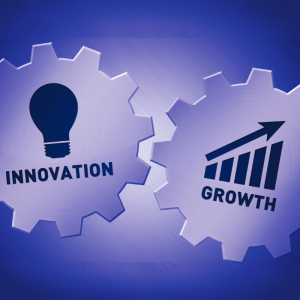
Artificial intelligence (AI) is no longer a futuristic concept, it’s transforming businesses at an unprecedented pace. From automating repetitive tasks to analyzing vast amounts of data, AI is becoming a vital tool across industries. But as its usage grows, so do the questions around its risks and what responsible implementation looks like.
In this blog, we’ll explore how AI is shaping business operations, the key benefits it brings, and the risks companies need to be aware of when leveraging this powerful technology.
The Rapid Growth of AI in Business
AI adoption in business is skyrocketing. According to recent reports:
- 78% of businesses utilize AI in at least one sector of their business according to a 2024 report by McKinsey
- The global artificial intelligence market is projected to reach $243.72 billion in 2025, with an expected annual growth rate of 27.7%, resulting in a market volume of $826.73 billion by 2030 reports Statista
AI is revolutionizing industries like healthcare, finance, retail, and manufacturing, optimizing everything from supply chains to customer service.
Companies use AI for various purposes, including:
- Customer service – AI chatbots and virtual assistants handle inquiries 24/7.
- Data analysis – AI processes massive datasets, uncovering trends and insights.
- Automation – Repetitive tasks like data entry, scheduling, and invoice processing are streamlined.
- Cybersecurity – AI detects and responds to potential threats in real time.
- Marketing – Personalized recommendations and targeted advertising are powered by AI algorithms.
With AI playing an increasingly central role in business, it’s essential to understand the advantages and potential drawbacks.
The Benefits of Using AI in Business
AI’s impact extends far beyond automation—its benefits are game-changing for businesses of all sizes.
Increased Efficiency & Productivity
AI can handle routine tasks quickly and accurately, freeing up employees for more strategic work. This boosts overall productivity while reducing human error.
Cost Savings
By automating processes, businesses can reduce labor costs and improve operational efficiency, leading to significant savings.
Better Decision-Making
AI-driven analytics provide valuable insights, helping businesses make data-driven decisions faster and more accurately.
Enhanced Customer Experience
AI-powered chatbots, personalized recommendations, and predictive analytics allow businesses to better understand and serve their customers.
Improved Security
AI strengthens cybersecurity by detecting suspicious activity, identifying vulnerabilities, and responding to threats before they escalate.
However, while AI offers remarkable benefits, it also presents risks that businesses must consider.
The Risks and Challenges of AI
Data Privacy & Security Concerns
AI systems can process vast amounts of sensitive data. If not properly secured, this data can be vulnerable to breaches, leaks, or misuse.
Bias & Ethical Issues
AI models learn from historical data, which may include biases. This can lead to unfair or discriminatory outcomes, particularly in hiring, lending, and applications.
Dependence on AI
Over-reliance on AI can be risky. If AI systems fail or make incorrect predictions, businesses can face significant disruptions or reputational damage.
Regulatory & Compliance Challenges
AI-related laws and regulations are evolving. Businesses must stay compliant with data protection laws, such as GDPR or CCPA, to avoid legal consequences.
Human Workforce Displacement
Another challenge that businesses are facing now is the impact AI will have on the human workforce. Will AI simply be used as a powerful tool to help humans or will it start to take over certain roles. Navigating the line of when to use AI as a tool versus an employee will be a challenge all business owners need to look at. Previous significant technical disruptions indicate that while some jobs will likely become obsolete, new job needs will emerge. All the more reason to stay educated and informed!
AI Best Practices: What Businesses Need to Watch Out For
To use AI effectively while minimizing risks, businesses should follow these best practices:
Avoid Inputting Sensitive Company Data into Open-Source AI Tools
Public AI tools, like ChatGPT, may store and use input data to improve their models. Never enter confidential business data into AI platforms unless they are secured and designed for enterprise use.
Regularly Audit AI Models for Bias and Fairness
Continuously evaluate AI decisions to ensure they are ethical and unbiased, especially in critical areas like hiring and lending. While AI can be powerful and helpful it’s important that a human with the ability to look at all the factors makes final decisions.
Fact Check AI Data
Oftentimes AI will give us data numbers that seem accurate but really are just made up to fit into whatever we have asked for help with. Make sure you use outside resources to check any facts AI gives you.
Train Employees on Responsible AI Use
Ensure employees understand how to use AI tools properly and recognize potential risks associated with them, including potential plagiarism where you might see an AI pull exact text from sources on the internet when you ask it to write you something.
AI in Business: Are You Ready
AI is a rapidly growing technology, offering unprecedented opportunities for efficiency, innovation, and growth. However, it’s crucial to balance these benefits with responsible implementation and risk management.
By understanding both the potential and the pitfalls of AI, businesses can leverage it as a powerful tool without exposing themselves to unnecessary risks.



